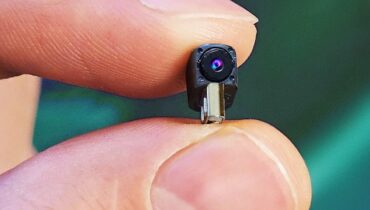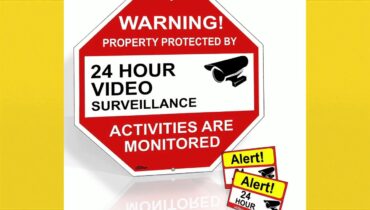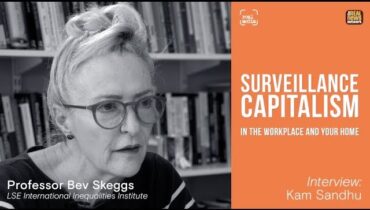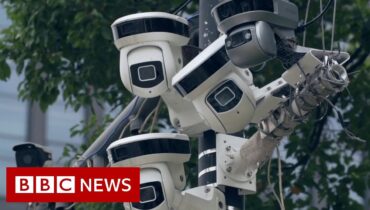Things, artefacts and infrastructures have always influenced our behaviour as humans. Think of speedbumps as embodied forms of speed regulations or doors which only allow you to exit the arrival area at an airport, but not to enter it. Currently, however, and largely due to technological developments, the agency of artefacts is on the rise: think of drones, robots, algorithmic trading, search engines or softbots. In all these cases artefacts act, things do things. Acting partly or fully autonomously, artefacts create their own knowledge and decide upon this information what to do. Humans as a result are nowadays only one type of knowledge agents amongst others. Information gets created, processed, filtered, modified and used by numerous human and non-human agents in various ways which are either inaccessible or incomprehensible to us. Distributed agency makes it harder for us as humans to act responsibly as individuals. This poses challenges for governance and design: how should environments be governed, how should systems be designed to support responsible behaviour of us as knowers in highly entangled and dynamic socio-technical environments?
Judith Simon is senior researcher at the Karlsruhe Institute of Technology (Institute for Technology Assessment and Systems Analysis) and the University of Vienna (Department of Philosophy). She was a postdoc at the Institut Jean Nicod (Ecole normale supérieure) in Paris and has held visiting positions in the US (Stanford), Italy (Trento) and Catalonia (CSIC-IIIA Barcelona). Currently, she is researching the relationship between trust, knowledge and various technologies of computation, information and communication as Principal Investigator of the project "Epistemic Trust in Socio-Technical Epistemic System" funded by the Austrian Science Fund. In 2013 she received the Herbert A. Simon Award of the International Association of Computing and Philosophy (IACAP) for outstanding research at the intersection of philosophy and computing.
In the spirit of ideas worth spreading, TEDx is a program of local, self-organized events that bring people together to share a TED-like experience. At a TEDx event, TEDTalks video and live speakers combine to spark deep discussion and connection in a small group. These local, self-organized events are branded TEDx, where x = independently organized TED event. The TED Conference provides general guidance for the TEDx program, but individual TEDx events are self-organized.* (*Subject to certain rules and regulations)





